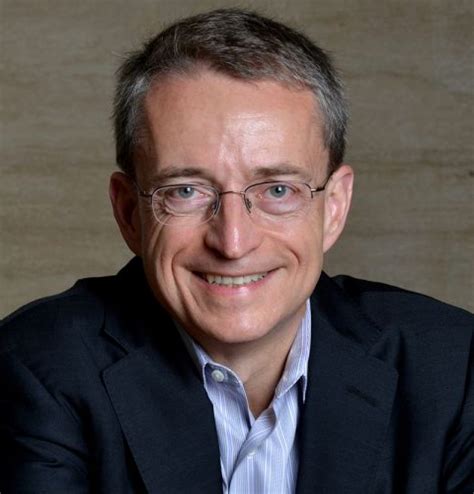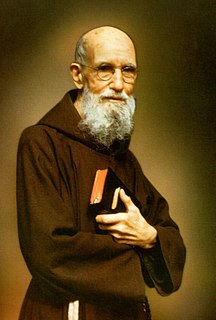A Quote by Jean Baudrillard
Computer science only indicates the retrospective omnipotence of our technologies. In other words, an infinite capacity to process data (but only data -- i.e. the already given) and in no sense a new vision. With that science, we are entering an era of exhaustivity, which is also an era of exhaustion.
Related Quotes
You have to imagine a world in which there's this abundance of data, with all of these connected devices generating tons and tons of data. And you're able to reason over the data with new computer science and make your product and service better. What does your business look like then? That's the question every CEO should be asking.
It is generally believed that our science is empirical and that we draw our concepts and our mathematical constructs from the empirical data. If this were the whole truth, we should, when entering into a new field, introduce only such quantities as can directly be observed, and formulate natural laws only by means of these quantities.
But the idea of science and systematic knowledge is wanting to our whole instruction alike, and not only to that of our business class ... In nothing do England and the Continent at the present moment more strikingly differ than in the prominence which is now given to the idea of science there, and the neglect in which this idea still lies here; a neglect so great that we hardly even know the use of the word science in its strict sense, and only employ it in a secondary and incorrect sense.
The term "informatics" was first defined by Saul Gorn of University of Pennsylvania in 1983 (Gorn, 1983) as computer science plus information science used in conjunction with the name of a discipline such as business administration or biology. It denotes an application of computer science and information science to the management and processing of data, information and knowledge in the named discipline.
The camera can push the new medium to its limits - and beyond. It is there - in the "beyond" - that the imaginative photographer will compete with the imaginative painter. Painting must return to the natural world from time to time for renewal of the artistic vision. The key sector of renewal of vision today is the new vistas revealed by science. Here photography, which is not only art but science also, stands on the firmest ground.
As we move into an era in which personal devices are seen as proxies for public needs, we run the risk that already-existing inequities will be further entrenched. Thus, with every big data set, we need to ask which people are excluded. Which places are less visible? What happens if you live in the shadow of big data sets?
If we study learning as a data science, we can reverse engineer the human brain and tailor learning techniques to maximize the chances of student success. This is the biggest revolution that could happen in education, turning it into a data-driven science, and not such a medieval set of rumors professors tend to carry on.
When man faces man the one attempts to put the other to sleep and the other continuously wants to maintain his uprightness. But this is, to speak in the Goethean sense, the archetypal phenomenon of social science. This sleeping-into we may call the social principle, the social impulse of the new era: we have to live over into the other; we have to dissolve with our soul into the other.






































